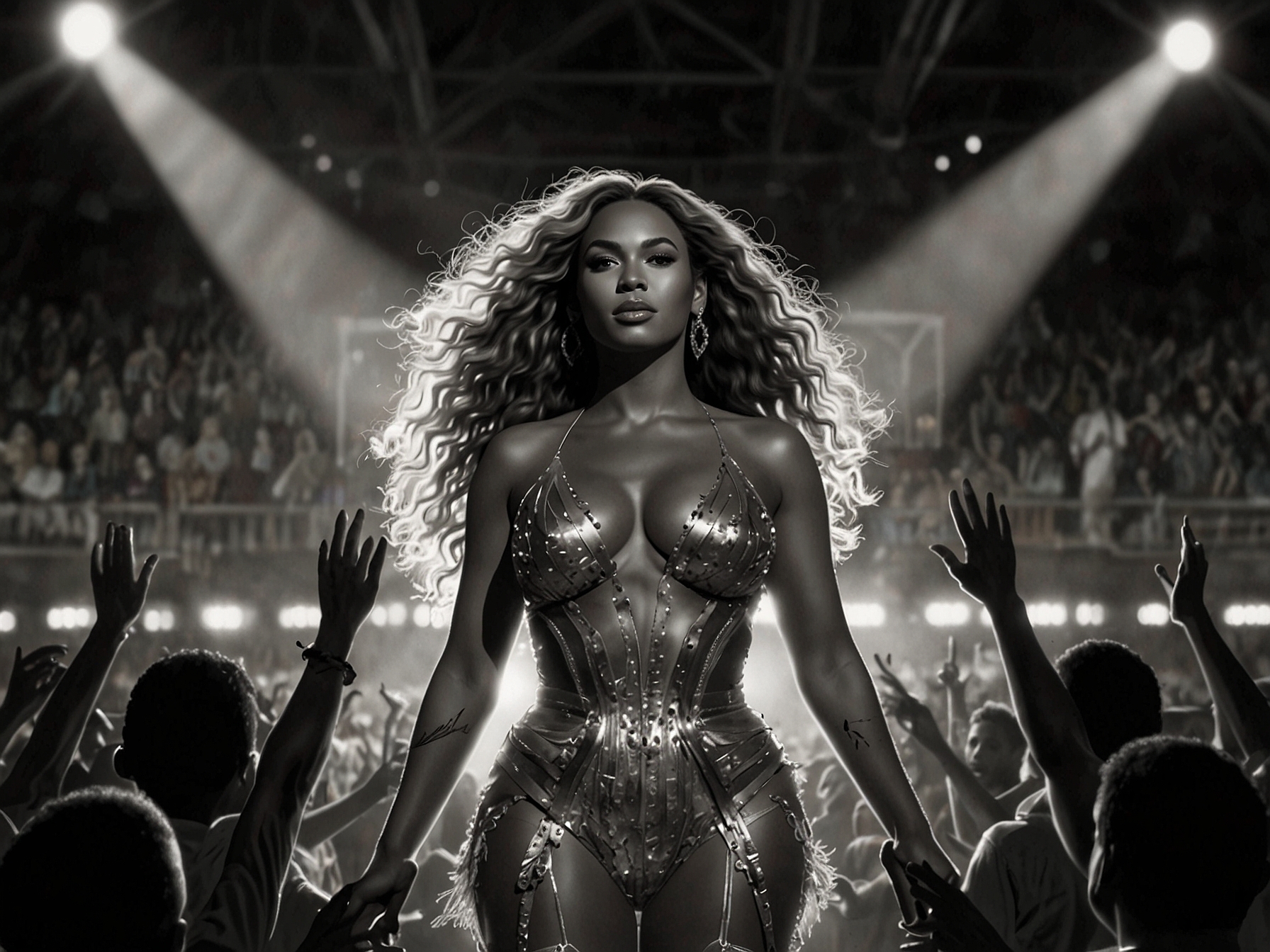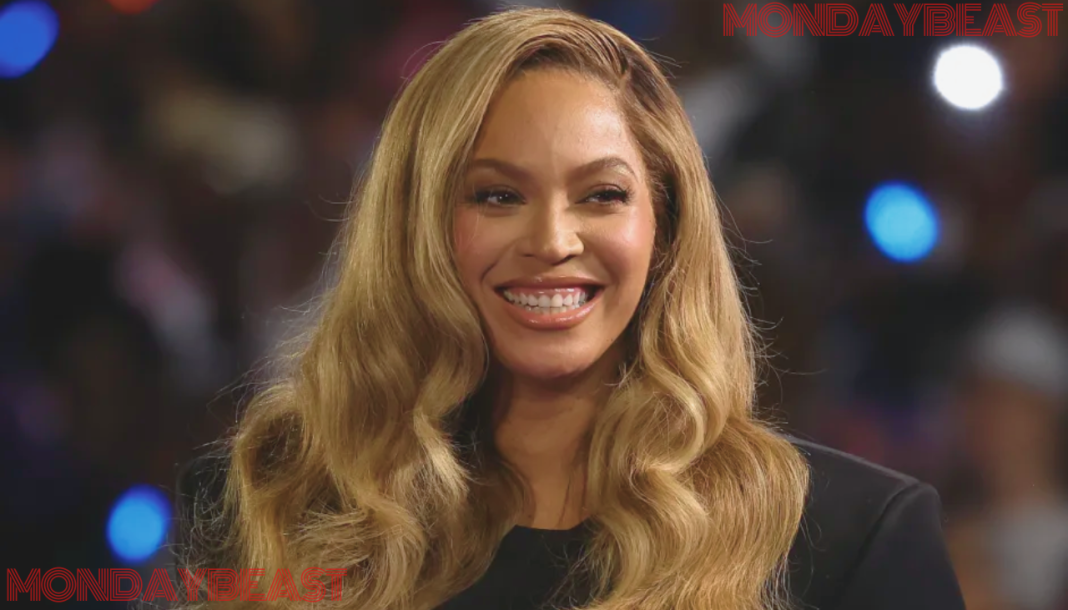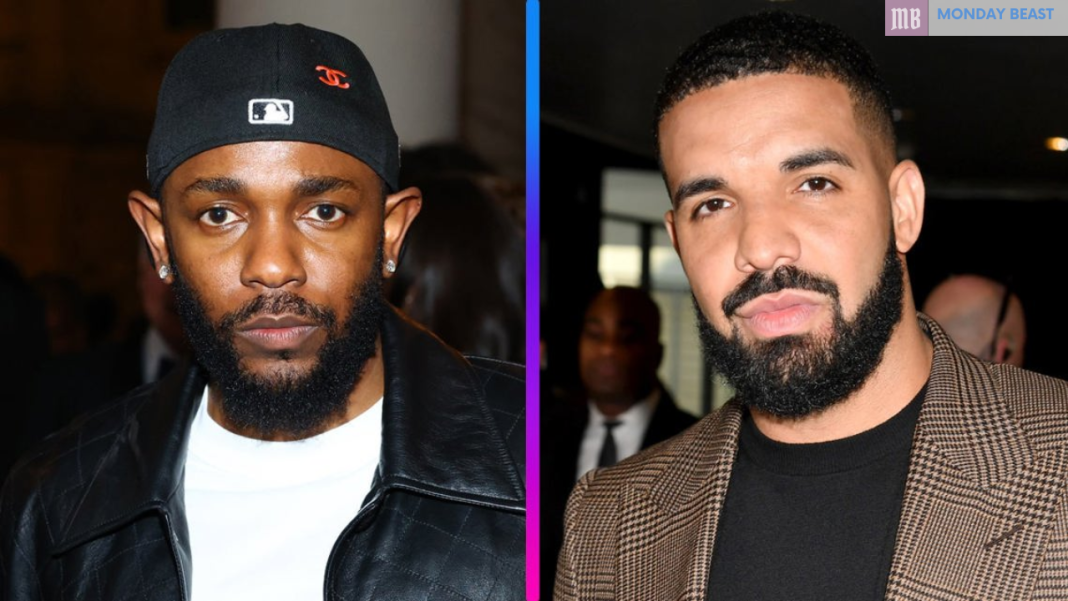Beyoncé fans are outraged. The announcement of the 2024 CMA nominations left many wondering: How could a superstar like her be overlooked? The singer, who delivered one of the year’s defining country hits, was shut out completely.

“Texas Hold ‘Em” topped the Billboard Hot Country Songs chart for 10 weeks. Yet, when the CMA nominations were unveiled, Beyoncé’s name was glaringly absent. What does this snubbing say about the state of inclusivity in country music? Fans expected her to finally be recognized, to become the first Black woman nominated for Album of the Year. But instead, silence from one of music’s biggest powerhouses left a bitter aftertaste.
In 2016, Beyoncé’s performance at the CMA Awards was groundbreaking. When she sang “Daddy Lessons” alongside The Chicks, it was a moment of celebration that quickly turned sour. Critics descended on her, accusing her of making political statements. Natalie Maines of The Chicks called it “disgusting” that the CMA would dismiss the artist after such a powerful performance. With the 2024 nominations, fans can’t help but feel that this past incident still looms large over Beyoncé’s career.

With “Cowboy Carter,” Beyoncé not only broke barriers but also redefined what country music can be. She said, “This ain’t a country album. This is a ‘Beyoncé’ album.” It sparked discussions about authenticity and genre-fication. How do we classify a sound that transcends traditional boundaries? However, industry gatekeepers seem resistant to such change.
It’s worth noting the success of the album has been monumental. “Cowboy Carter” includes collaborations with country legends like Willie Nelson and Dolly Parton. Even contemporary stars like Luke Bryan and Miranda Lambert praised her work. Yet, the CMA views may reflect a wider reluctance to acknowledge contributions that challenge norms.

The fallout from the snubbing leaves many to wonder: Are the CMA Awards out of touch with musical evolution? Or are they deliberately ignoring a significant demographic in their quest for traditionalism? Morgan Wallen received a staggering seven nominations, yet Beyoncé, despite major accomplishments, was left without even a single nod. It raises eyebrows and fosters conversation about the implications for diversity in the genre.
Beyoncé’s music is infused with her life experiences. In her lyrics, she touches on feeling excluded and unwelcome. Songs from her album echo the sentiment, calling out the rejection she faced. The lyrics resonate: “Used to say I spoke too country.” This brings up a crucial point—can country music evolve to reflect the society we live in today?
Looking ahead, what does the future hold for Beyoncé in country music? While her 2024 CMA snub stings, it’s clear she leaves an indelible mark. Fans eagerly await her next move. Will industry stakeholders finally recognize her contributions? Or will this lead to more contentious debates about representation and inclusivity?
Conclusively, Beyoncé’s snub at the 2024 CMA Awards isn’t merely a missed opportunity; it symbolizes broader challenges within the country music genre. This underscores a need for progress and understanding that transcends tradition. With her bold approach and determination, Beyoncé continues to inspire a new generation craving authenticity and diversity in country music.
It’s high time to ask ourselves: How can we push for more inclusivity in an industry rich with heritage and history? As fans, artists, and listeners, we hold the power to demand change. In the end, who gets recognized matters, but even more important is how music evolves to embrace everyone.




